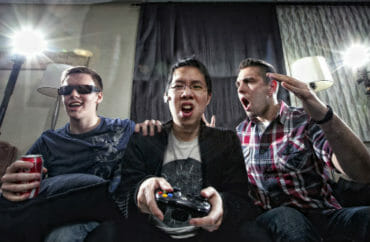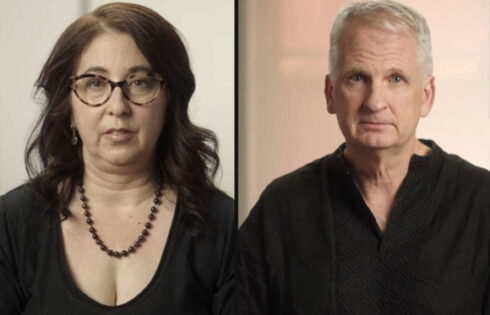
Digital hookers subject to ‘gendered fantasies of exceptionalism’
A professor from the University of California, Irvine, recently published a paper arguing that prostitutes in video games are often subject to “problematic” depictions, with video gamers engaging in “widespread cultural biases against sex work” as a result.
Bonnie Ruberg, a professor in Irvine’s Department of Informatics, argues in a paper published in Feminist Media Studies that the depictions of digital prostitutes in video game media “systematically strip these characters’ work of its value” due to the fact that, in numerous games, prostitutes “offer to give their services to the player-character for free or at a discount, or these games themselves provide players with opportunities to take their money back from sex workers after they have completed their services.”
“This literal devaluing of sexual labor contributes to what I call a ‘fantasy of exceptionalism,’ in which the player-character and by extension the player is encouraged to see himself as special—either especially attractive or especially powerful—because he does not need to pay for sex,” Ruberg argues.
The “fantasy of exceptionalism,” Ruberg continues, is “explicitly gendered,” as it “works to establish and uphold a vision of masculinity in which being a ‘real man’ and a ‘good guy’ means not compensating sex workers for their labor.”
Attending to the representation of sex workers in video games adds an important dimension to critiques of erotic labor as it is depicted through popular media. Often, scholarship on the representation of sex workers in fictional works has focused on literature and film. Writing on representations of sex in European literary history (Charles Bernheimer 1997) and twentieth-century cinema (Russell Campbell 2006), for instance, has looked primary at how the figure of the prostitute has shifted across artistic traditions. Yet, the politics of sex work as a lived practice, as well as the voices of sex workers themselves, have rarely entered into this genre of analysis. More recent exam- ples of scholarship on the representation of sex workers in popular media have demon- strated a stronger engagement with the politics of sexual labor (Nisha James and Shubha Ranganathan 2016; Jo Doezema 2010; Carrie N. Baker 2014). However, this work has largely taken as its object not voluntary sex work but sex trafficking and the contemporary cultural narratives that surround it. Most of the writing circulating today on representations of voluntary sex work in popular media is being published online at feminist websites, such as Bitch Flicks. Writing of this sort, as well as the selection of scholarly articles that do address representations of voluntary sex work through the lens of sex workers’ experiences, offers valuable contributions (Moshoula Capous Desyllas2013). However, these readings remain limited in that they tend to approach the representation of sex work through a prescriptive lens, arguing for “better” depictions of sex workers rather than deconstructing existing representations in order to understand their underlying meanings.
By way of example of the phenomenon of devalued prostitute work, Ruberg cites a line of dialogue from the game Fallout: New Vegas, in which a hooker tells the player-character: “Hey there, sugar . . . What can I do for you . . . or to you? You’re so handsome, I might just give you a discount.”
MORE: Canadian university study: Lack of diversity in video games akin to ‘daily racism’
IMAGE: Taylor McBride / Flickr.com
Like The College Fix on Facebook / Follow us on Twitter





Please join the conversation about our stories on Facebook, Twitter, Instagram, Reddit, MeWe, Rumble, Gab, Minds and Gettr.